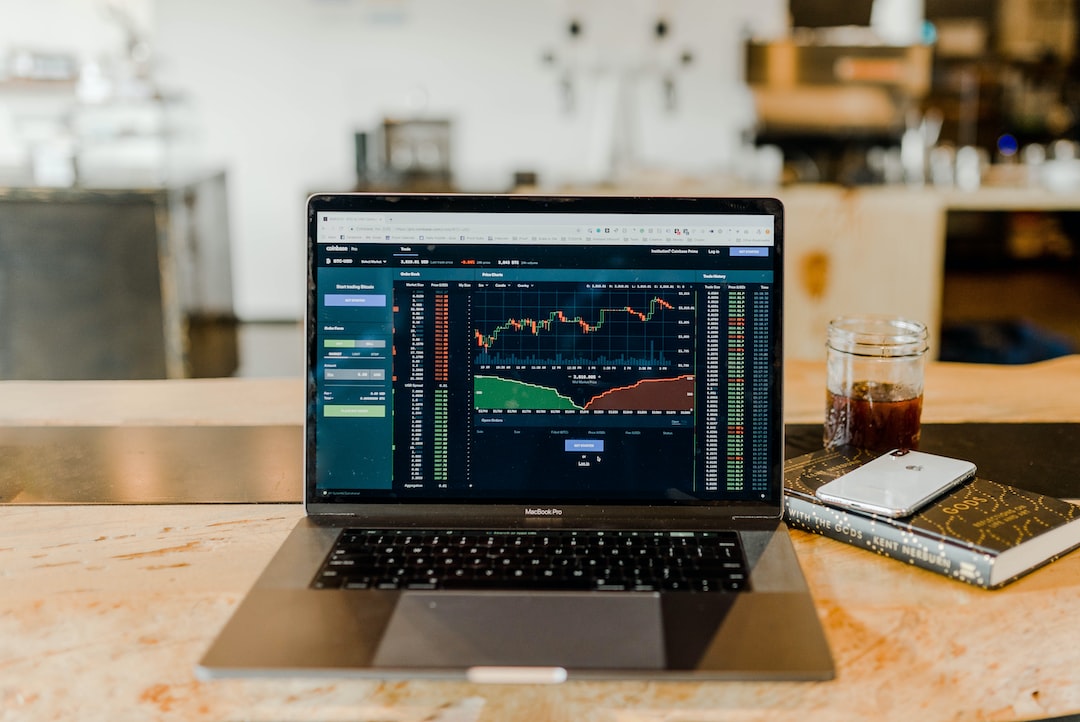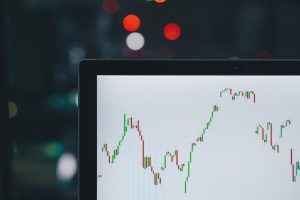Forex trading is a popular financial activity that involves the buying and selling of currencies. The foreign exchange market, commonly referred to as the forex market, is the largest financial market in the world, with an average daily trading volume of $5.3 trillion. As such, forex trading presents a lucrative opportunity for traders to make a considerable income. However, the amount of money forex traders make varies widely, and it depends on several factors. This article will provide an in-depth analysis of how much forex traders make.
Experience and Skill Level
One of the most significant determinants of a forex trader’s income is their experience and skill level. Forex trading requires a considerable amount of knowledge, understanding of market dynamics, and analytical skills. Experienced and skilled traders are more likely to make more money than novice traders. Experienced traders can analyze the market and identify profitable trading opportunities. They have a deep understanding of technical and fundamental analysis, which enables them to make informed trading decisions.
In contrast, novice traders lack experience and knowledge of the market, which makes them more susceptible to making trading mistakes. Novice traders may also struggle to develop a profitable trading strategy, which can negatively impact their earnings.
Trading Capital
The amount of trading capital a forex trader has also impacts their earnings. Forex traders with more significant trading capital can earn more money than those with limited capital. This is because traders with more capital can open larger positions, which can result in higher profits. They can also withstand losses better than traders with limited capital.
Additionally, traders with more significant capital can take advantage of leverage. Leverage is a tool that allows traders to control a more substantial amount of capital than what they have in their trading account. Leverage can amplify profits, but it can also amplify losses. Therefore, traders must use leverage wisely to avoid overtrading and taking unnecessary risks.
Trading Style
Forex traders can use different trading styles, which can impact their earnings. Scalping, day trading, swing trading, and position trading are some of the most popular trading styles. Scalping and day trading involve opening and closing positions within a short time frame, usually within a day. These trading styles require traders to have excellent analytical skills and quick reflexes to take advantage of small price movements. Traders who use these trading styles may make several trades a day, which can result in significant profits.
Swing trading and position trading involve holding positions for a more extended period, usually for several days, weeks, or even months. These trading styles require traders to have a more profound understanding of the market and the ability to analyze trends. Traders who use these trading styles may make fewer trades, but their positions can result in substantial profits.
Market Conditions
The forex market is highly volatile, and market conditions can impact a trader’s earnings. Economic and political events can cause significant price movements, which can result in profits or losses. For example, unexpected news such as a change in interest rates, a natural disaster, or a political crisis can cause the value of a currency to rise or fall significantly.
Traders who can predict market conditions and take advantage of them can make substantial profits. However, traders who fail to anticipate market conditions may suffer significant losses.
Conclusion
In conclusion, the amount of money forex traders make varies widely and depends on several factors. Experienced and skilled traders with more significant capital can earn more money than novice traders with limited capital. Trading style and market conditions also impact a trader’s earnings. Scalping and day trading can result in significant profits, but they require excellent analytical skills and quick reflexes. Swing trading and position trading can also result in substantial profits, but they require a deeper understanding of the market and the ability to analyze trends. Finally, traders must use leverage wisely to avoid overtrading and taking unnecessary risks.






